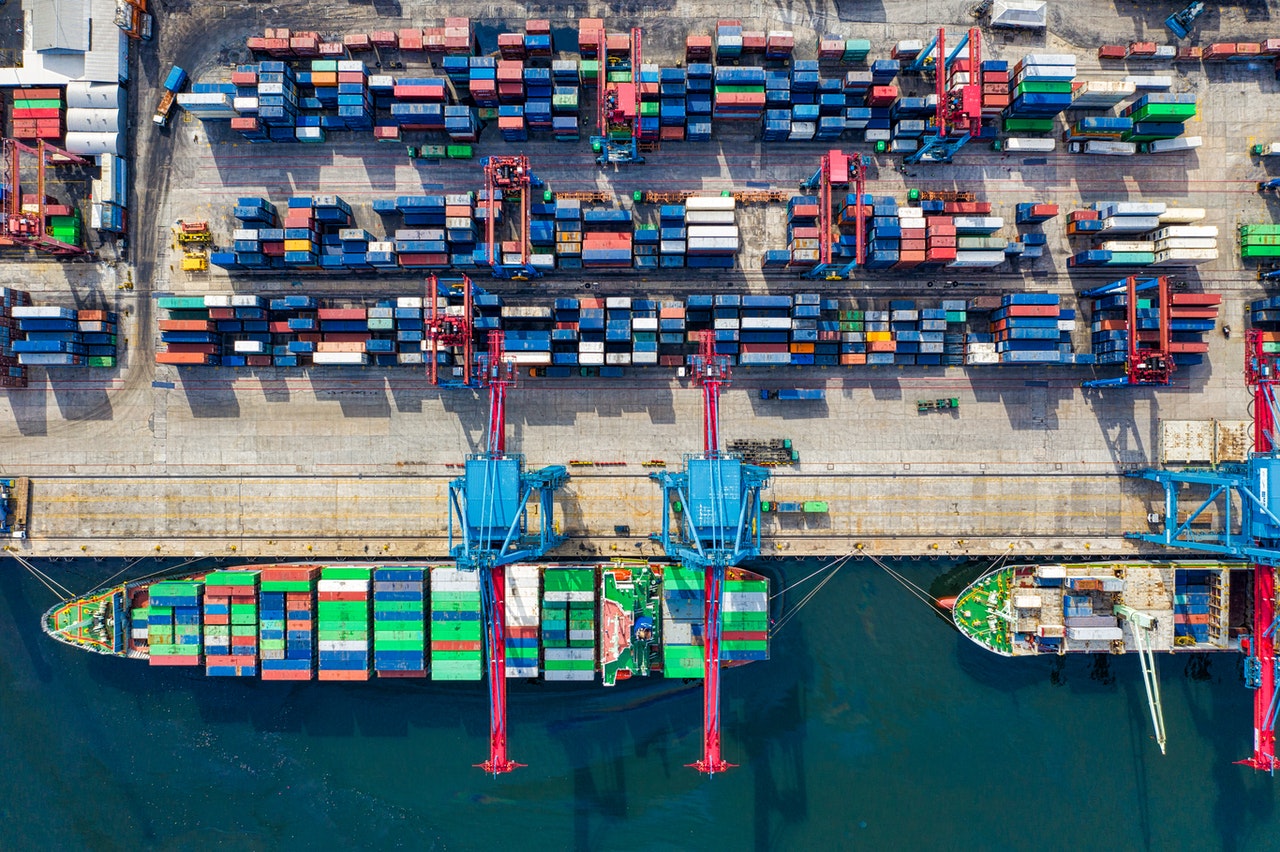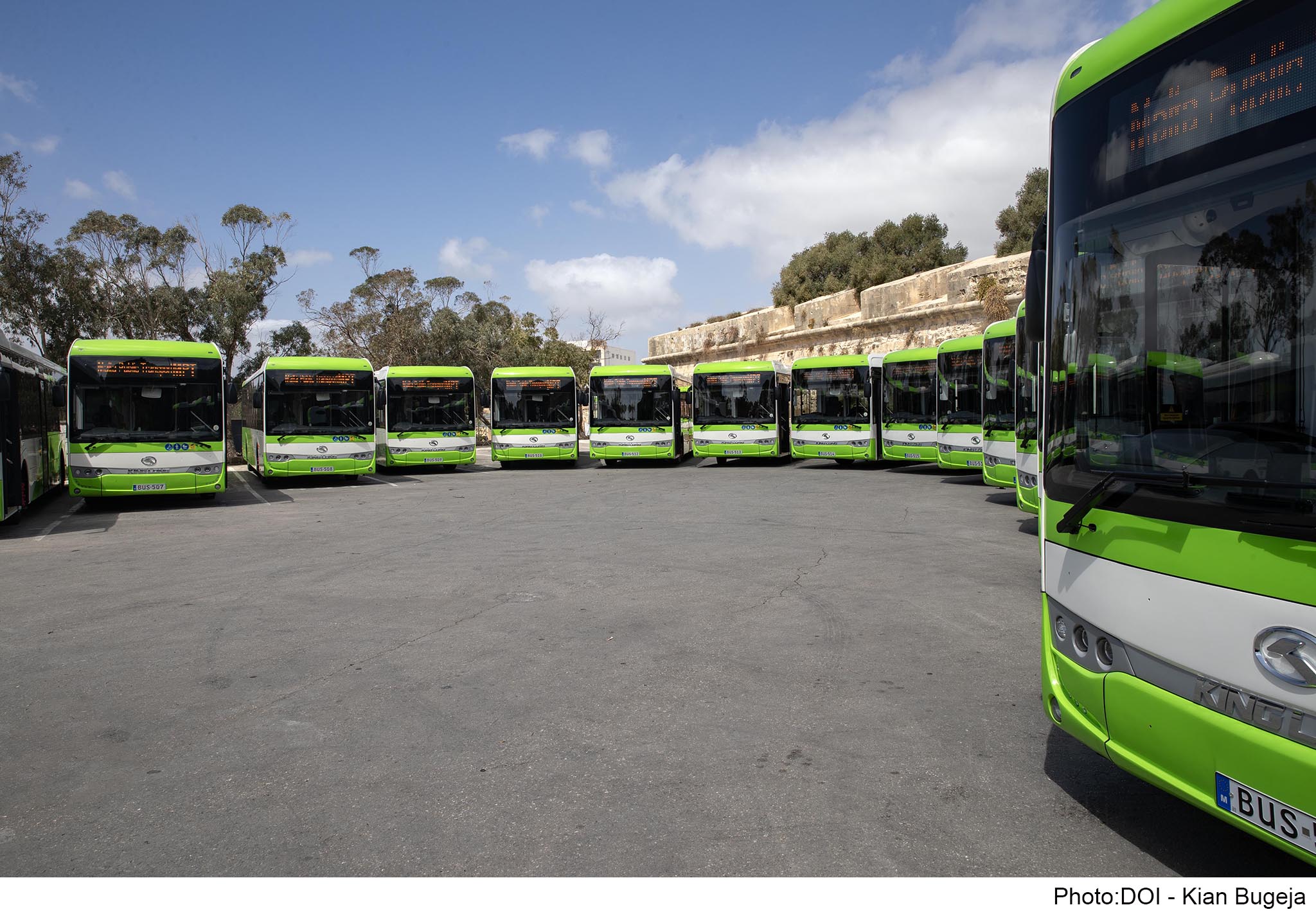Since the Russian invasion of Ukraine started in February 2022, a slew of sanction packages has been imposed on Russia by western countries. This has inevitably affected the volume of trade between Malta and Russia, but also with Ukraine due to Russia’s blockage of Ukraine’s key ports in the black sea.
NSO data demonstrates that, before the war, the number of imports from Ukraine oscillated between 1,000 and 2,000 tonnes, while exports were between two to 13 tonnes.
The bulk of imports from Ukraine were usually agricultural products, furniture, and electrical machinery, among others. Meanwhile, the bulk of exports to Ukraine was primarily printed material, plastic, pharmaceutical products, and organic chemicals.
When the war broke out imports from Ukraine declined by roughly 90 per cent, and exports by at least 95 per cent.
Looking at trade with Russia, it is of note that imports ranged between 15,000 to 80,000 tonnes, the bulk of it taking place during the first quarter of the year. Exports meanwhile were between 1,000 and 10,000 tonnes.
Without a doubt, the bulk of imports from Russia were usually fuel-related goods, comprising at least 90 per cent in any given quarter, peaking during Q1 of 2022. Other major imported goods were paper-related goods, wood, cereal, and fish. Meanwhile, exports to Russia were primarily machinery, shipping structures and organic chemicals.
It’s interesting to note that, before the war, Malta exported more to Ukraine, and if you exclude petroleum products, the difference in imports narrows significantly, being almost identical in most quarters.
At present, trade with both Ukraine and Russia will continue to be challenging. With the price cap on Russian oil, and the country’s subsequent ban on countries that implement the price cap, it’s unlikely that fuel products will feature as major imports from Russia any time soon.
Meanwhile, with the EU’s commitment to participate in the rebuilding of Ukraine, there are opportunities for Malta there. It is possible that, in the medium-long term, especially if Ukraine continues to gain the upper hand in the war, Malta’s trade relations with Ukraine could flourish. This could significantly boost Malta’s exports to the market.
Unpacking Malta’s new American-style bankruptcy framework
The EU is reforming its insolvency rules to adopt some of the most beneficial elements of the US framework
More than half of all workplace deaths in last two years involved construction
No women died on the job in 2022 and 2023
Government shells out close to €70 million to national bus operator Malta Public Transport in 2023
Buses became free for residents in late 2022, leading to a hefty increase in the public subsidy






